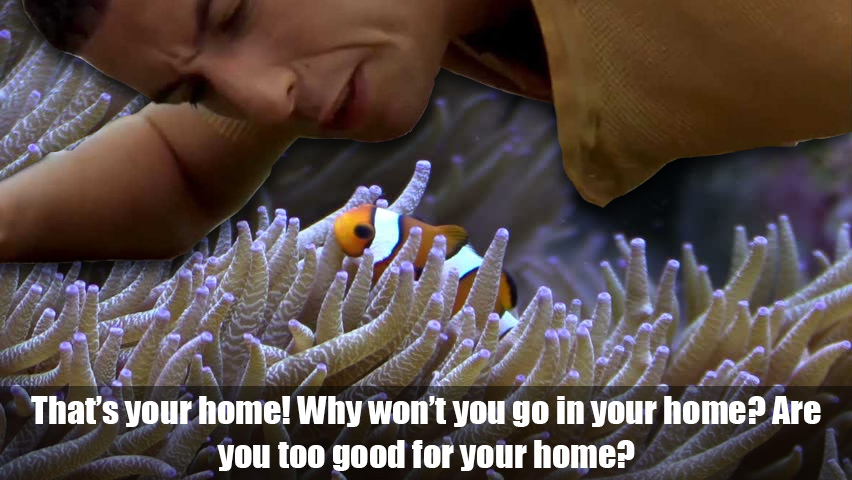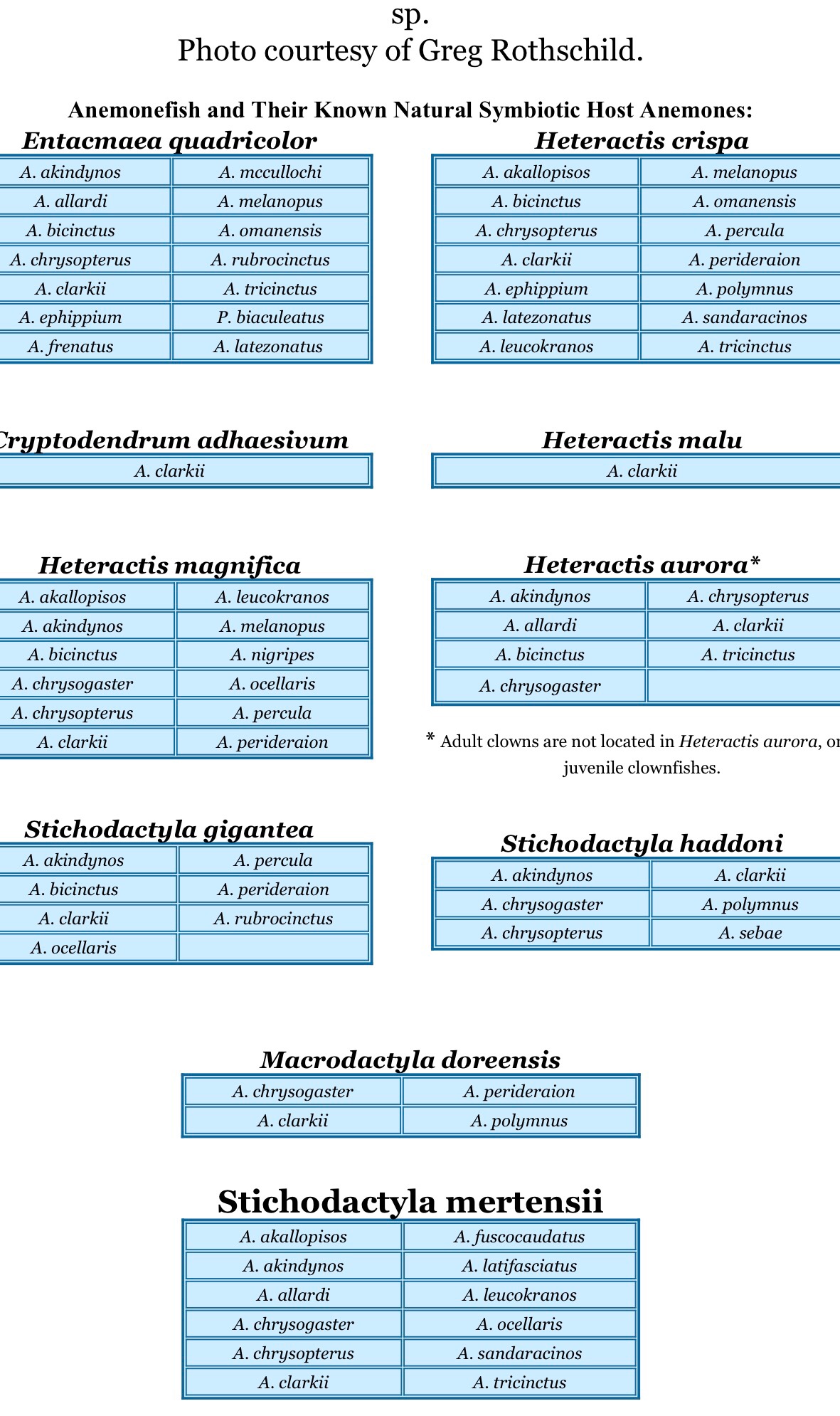- Joined
- Feb 27, 2017
- Messages
- 63
- Reaction score
- 11
i played videos on my phone for them to watch i just put a clown anemone video on and let them watch it and i also would feed the tank over top of anemone and it took little time but now thats the only place they stay




















